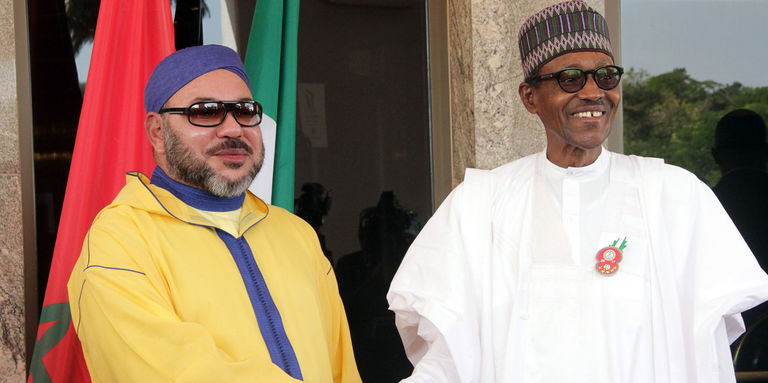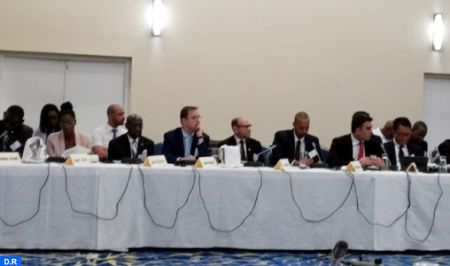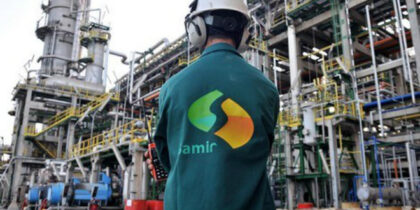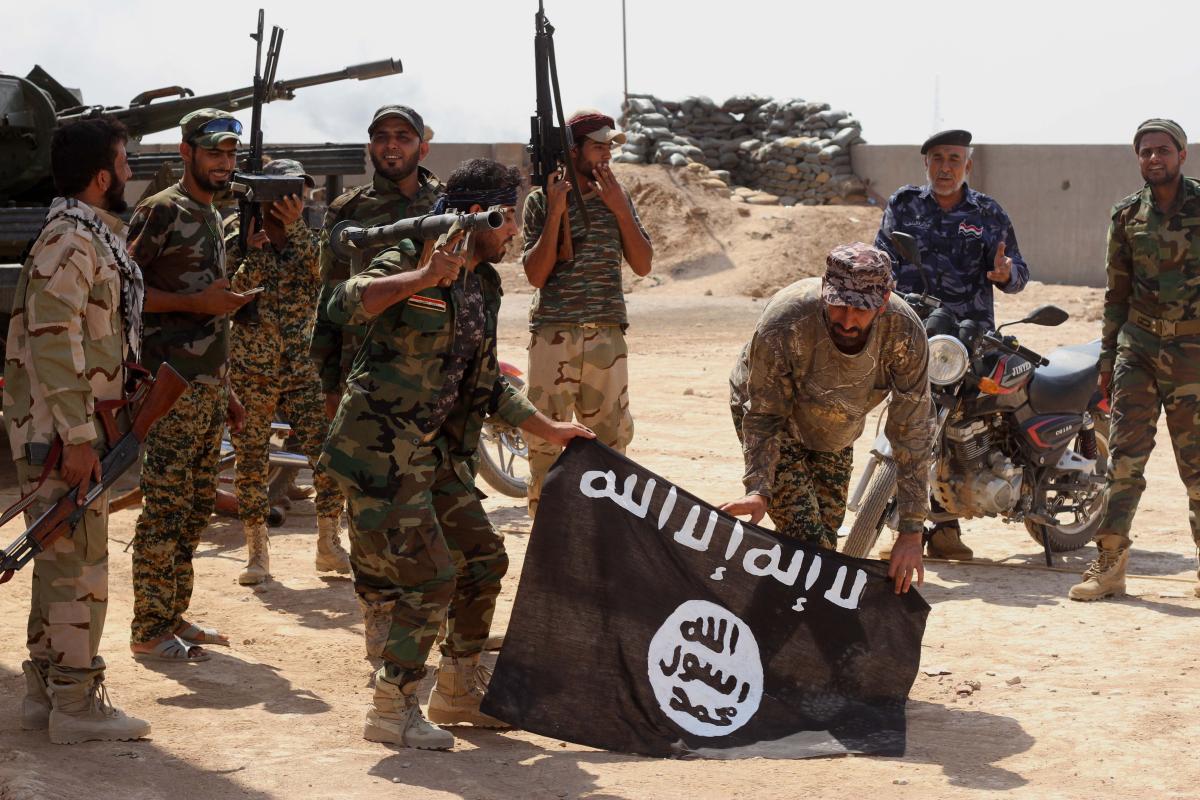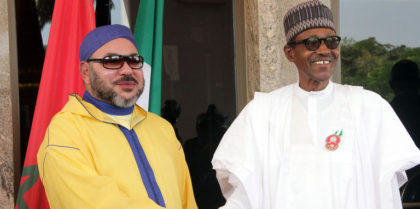 Morocco is illustrative of a rising power that has cannily deployed its soft power toolbox, including investments, human development projects, media, culture and religion to boost stability in the Sahel and Africa.
Morocco is illustrative of a rising power that has cannily deployed its soft power toolbox, including investments, human development projects, media, culture and religion to boost stability in the Sahel and Africa.
In an article on the World Politics Review on the contribution of four main players in the security arena in the region, Morocco was distinguished by the author, Anouar Boukhars, for succeeding to tap into the potential of soft power in its ties with African states.
“Morocco has demonstrated the centrality of soft power as a complement to hard power—in strengthening both counterterrorism measures and regional cohesion more broadly,” writes Boukhars in the article entitled “Overcoming the Barriers to Regional Security Cooperation in West Africa and the Sahel”
The author noted that Morocco’s pivot towards Sub-Saharan Africa was strengthened by a forward-looking Royal vision bolstered by visits that led to dozens of deals in banking, insurance, telecommunications, mining, renewable energy, agricultural sustainability, fishing and infrastructure.
In particular, the state-owned Office Cherifien de Phosphate (OCP), Attijariwafa Bank, telecommunications company Maroc Telecom, flag carrier Royal Air Maroc and real estate developer Addoha Group have all played a key role in promoting Morocco’s corporate outreach in Africa, he added.
The Casablanca Finance City, a business center created in 2014 will help Morocco reinforce the soft power character marking its ties with the rest of Africa as part of a South-South cooperation approach, Boukhars went on to say.
This soft power dimension underlying Morocco’s relations with African states earned the Kingdom the support of several countries notably in English speaking Africa that were previously ardent supporters of the Algerian-backed separatists’ thesis in the Sahara. In this regards, Boukhars shed light on the volte-face in favor of Morocco’s territorial integrity by several influential countries in the continent including, Nigeria, Rwanda, Ghana, Ethiopia.
Morocco’s soft power has also a cultural, educational and religious dimension, explained Boukhars. Thousands of African students are benefiting from scholarships and the Kingdom’s media are expanding their audience base in the continent. At the religious level, Morocco offered training to African imams and continues to advocate its comprehensive approach to counter violent extremism.
“Mohammed VI has made himself promoter-in-chief of the kingdom’s spiritual and tolerant brand of Islam, known as the Sufi-Maliki tradition, which he bills as an alternative to the extremist, Wahhabi-inspired tendencies encroaching on the Sahel,” Boukhars explained. “Morocco’s multimillion-dollar Mohammed VI Institute for Training Imams, inaugurated in 2015, and its Foundation for African Ulema, constructed in 2016, are examples of Rabat’s attempts to reshape Islam in Africa.”
Immigration policy also features prominently in Morocco’s soft power toolbox. “In December 2016, Algeria deported some 1,500 African migrants to Niger, Rabat dispatched humanitarian aid and announced—with great fanfare—its second round of regularizing the status of thousands of sub-Saharan migrants,” the author of the article added.
In terms of hard power, Morocco is active in counterterrorism efforts in the Sahel, wrote Boukhars, recalling the Kingdom’s assistance to Nigeria in the fight against Boko Haram in 2016 through providing military equipment.
“Morocco’s counterterrorism strategy is reinforced by its involvement in security initiatives that offer military and border-security training to allies in the region. Rabat’s intelligence services are also active in some parts of the Sahel,” he said.
Boukhars pointed to the paralysis plaguing the Maghreb union in light of Algeria’s attempts to exclude Morocco from trans-Saharian security initiatives that it hosts. In this regards, he stressed that Rabat needs to collaborate more efficiently with Nigeria to address stability and peace challenges in the region.
